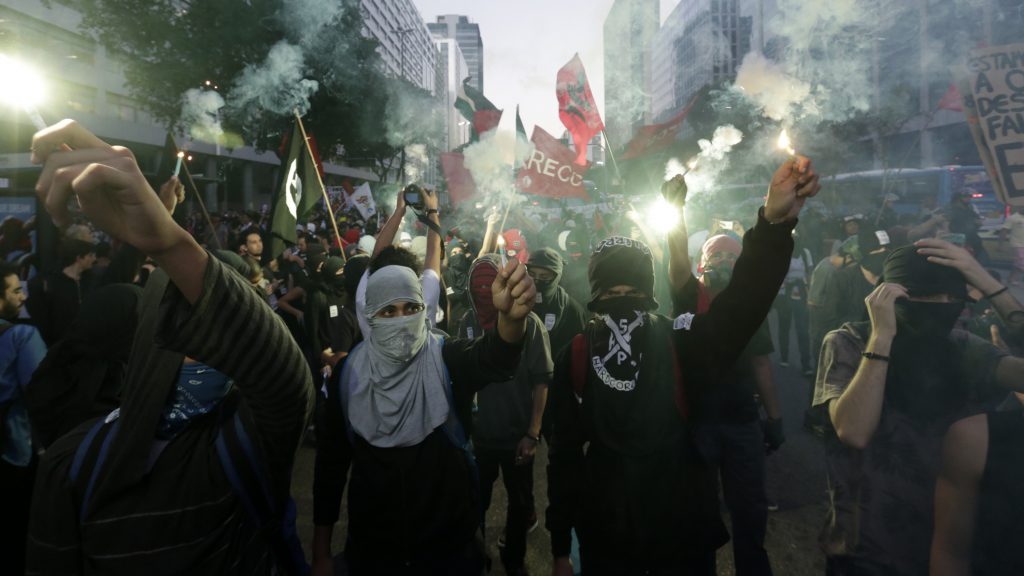Despite Rio beeing flooded with 85,000 security officers, the Olympic games are still plagued by a series of crime incidents – one of them being against a Greek.
Public Relations specialist Stratos Safioleas is currently in Rio as part of his work with cities lodging bids to host the games (he has been involved in the successful London campaign to host the 2012 Olympics and is working for the Rome 2024 bid); last week, he had his bag (containing $11,000 worth of electronics equipment) stolen, while he was dining at the Marriott Hotel. He has accused the hotel of being stalling and showing reluctance to investigate the incident. The hotel reportedly refused to show him CCTV footage, so Safioleas called the police. As a result, the hotel would no longer deal with him, so he has hired a lawyer to take legal action against them. In what is now a public row, Safioleas has posted his back-and-forth with the luxury hotel’s management on his social media accounts.
As unfortunate as his experience might be, it still pales in comparison with what happened to two Australian rowing coaches, who were “violently assaulted” by two teenager boys – one of them, wielding a knife – at Rio’s iconic Ipanema Beach on Friday night. One of the coaches was grabbed around the throat before the attackers fled with credit cards, mobile phones and an Australian team blazer.
The event came after the incident that took place in the Australian team’s dwellings in the athletes’ village, during a fire evacuation. While the team waited outside for the all-clear, their quarters were burgled, with laptops and team shirts stolen.
Following these events, the Australian Olympic Committee has put strict security measures in place for athletes and officials, advising them to move around in groups and not to leave the team’s accommodation after 6pm. They now had a security guard stationed in their foyer and a dedicated car for travel. AOC’s chef de mission Kitty Chiller urged Rio 2016 to heighten security after Tesch’s robbery, but received no acknowledgement or response.
These were by no extent the only events that have recently taken place in Rio. Last week, an Australian photographer was robbed of $40,000 of gear while at a Rio cafe; on Saturday night, a Portuguese government minister was robbed at knifepoint in the suburb of Lagoa; but it was Chinese hurdler Shi Dongpeng who fell victim to a bizarre – and revolting – robberry. He had just checked into a hotel, when a man who appeared drunk approached him and vomited on him. The cameraman who was with the athlete at the time, chased the man away and Shi went to clean himself up – but when the pair returned, all of the cameraman’s gear, and bags belonging to both men, had been stolen from the hotel’s foyer.
After that, the firing of a bullet, on Sunday – apparently by a soldier – narrowly missing a New Zealand official in a media tent at the Olympic equestrian venue, can hardly qualify as news.









